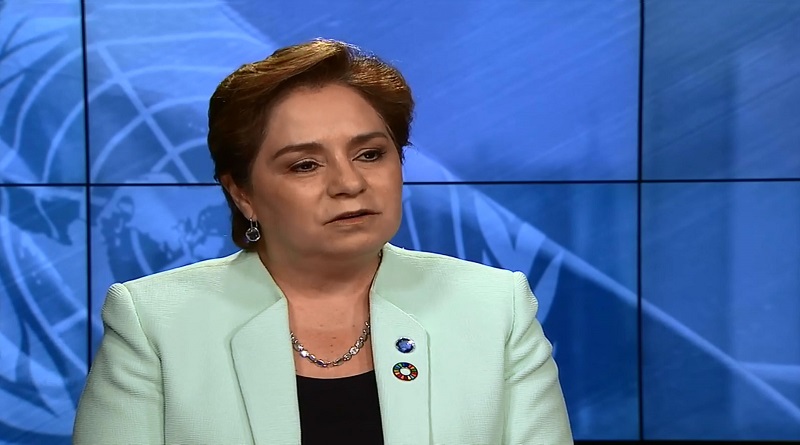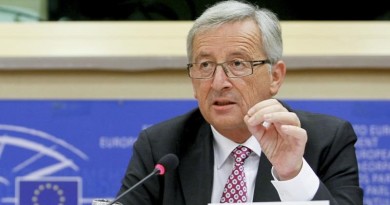First virtual meeting of CDM Board kicks-off despite COVID-19 challenges
Work in support of the Clean Development Mechanism (CDM) – set up to drive investment to climate-friendly projects – continues despite challenges poised by COVID-19, with the CDM Executive Board set to meet virtually for the first time, from five continents, on 11-13 and 27-29 May 2020.
Given the nature of the CDM Board meetings this is a big challenge not only for the secretariat to organize the virtual meeting but also for the Board members in different time zones spread over 14 hours. Parts of the meeting are open to the public and can be viewed per webcast here.
Top of the agenda will be consideration of the Board’s 2020 workplan, as well as its supporting its technical panels, commissioning a review of the lessons learned in operating the global mechanism now in its 20th year, a look at how international financial institutions can use the CDM to channel funds to green projects, and discussion on possible CDM programmes to incentivize construction of green buildings, besides going through number of issuances and related requests.
Set up under the Kyoto Protocol, the CDM rewards projects in developing countries for each tonne of greenhouse gas they reduce or avoid. The incentive has led to registration of more than 8,100 projects and programmes in 111 countries, from renewable energy projects, to projects that spread use of healthy, efficient cook-stoves, to large industrial gases projects. To date, more than 2 billion certified emission reduction credits have been issued.
Adressing the meeting, UN Climate Change Executive Secretary Patricia Espinosa said: “Our work in 2020 is not, in any form, on hold— not for UN Climate Change and not for the CDM. And like the issue of climate change in general, 2020 is a pivotal year for CDM. Despite the COVID-19 situation the CDM continues to operate and we are seeing a continued stream of submissions related to CDM such as issuance and the renewal of crediting period.”
“This is an important step for the Executive Board—its very first virtual meeting bringing together members from around the world,” said outgoing Executive Board Chair Piotr Dombrowicki. “We’ve planned and trained with the secretariat to maximize the possibility of a smooth, productive meeting, despite the many time zones and technical challenges.”
At the start of the meeting, the Board elected El Hadji Mbaye Diagne of Senegal as Chair and Olivier Kassi, from Belgium, as Vice-Chair. Mr. Diagne, a mechanical engineer and Director General of Afrique Energie Environnement, Dakar, takes over from Mr. Dombrowicki of Poland. Mr. Kassi, from the Ministry of the Environment, Belgium federal government, takes over from Mr. Diagne. Both will serve until the first meeting of the Executive Board in 2021.
The 20 members of the Board serve in their personal capacity, meeting 4-5 times a year to oversee the quality of projects registered and CERs issued, and to consider ways to improve and evolve the CDM.
An increasing number of subnational and national governments are using carbon-pricing instruments—like the CDM—as part of efforts to address greenhouse gas emissions in their jurisdictions. Some domestic emissions trading systems, including the Colombian emissions trading system and carbon tax, the European Union Emissions Trading System, the Korean emissions trading system, the South African carbon tax and the Swiss emissions trading system, have been using CERs from CDM projects as eligible offset units that emitters in these jurisdictions can use for compliance with emission obligations.
The International Civil Aviation Organization Council in March 2020 approved the CDM to supply Carbon Offsetting and Reduction Scheme for International Aviation (CORSIA) eligible emissions units.
There is also an increasing interest in use of CERs to supplement climate action by individuals, organizations and companies, as part of social corporate responsibility efforts. Climate Neutral Now, operated by the secretariat, has tripled its signatories since the start of 2018.
Companies, organizations, events and individuals are encouraged to measure their emissions, continually reduce all they can, and compensate for the rest by supporting climate action through purchase and cancellation of CERs.
In 2015, at the Board’s request, the secretariat launched a platform for the voluntary cancellation of CERs. The carbon offset platform was set up to provide a new source of demand for CERs and provide a user-friendly way to buy and cancel CERs.



